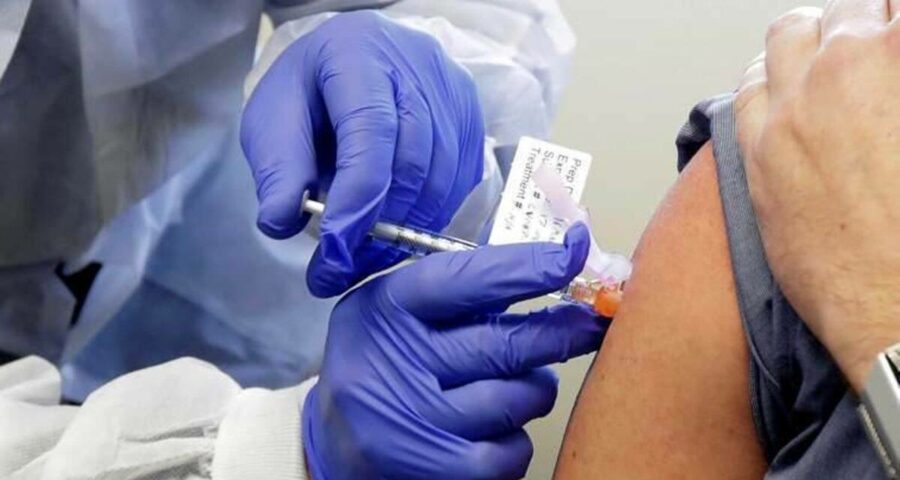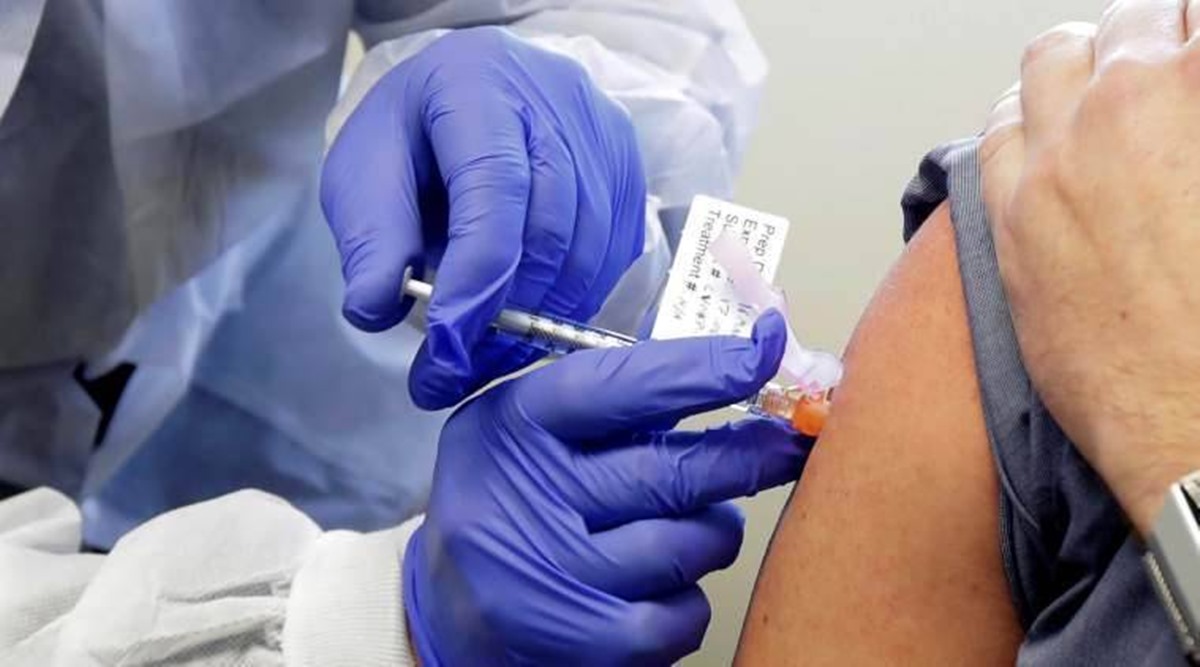In Maharashtra, there are over 800 vaccination centres. Private hospitals which have storage facility, vaccinator, adequate space to vaccinate and experts to handle adverse events will also be selected as centres.
Senior citizens and those above 45 with comorbidities can expect to start getting immunised from the second week of March. In Maharashtra, there is an estimated 1 crore population in this pool, Health Secretary Dr Pradeep Vyas told The Indian Express on Friday.
About 8 per cent of the population in the state is in the 60 years-plus category, and roughly 2 per cent are in the category of 45 to 60 years with comorbidities.
“We have asked the government to allow 993 hospitals empanelled under Mahatma Jyotiba Phule Jan Arogya Yojana as vaccination centres. We can scale up to 1,500-2,000 centres,” Dr Vyas said.
In Maharashtra, there are over 800 vaccination centres. Private hospitals which have storage facility, vaccinator, adequate space to vaccinate and experts to handle adverse events will also be selected as centres.
In a video meeting, the health ministry asked all states to prepare for a soft launch by March 1 for the next phase of vaccination and release a list of all public and private hospitals selected as vaccination centres by March 4.
Those visiting private hospitals may have to pay a user fee up to Rs 100 per dose. Vaccines will be free of cost for recipients in government centres.
Private hospitals can charge a user fee for vaccinating a person. Special training will be undertaken for them, since they will be inoculating the general public with Covid vaccine for the first time. They will have to invest in syringes, storage equipment, and arrange for power backup for refrigerators. The government will only provide vaccine at a cost to them. Vyas said the cost at which a private hospital can buy vaccine doses is yet to be fixed.
If private hospitals are found wasting vaccine doses, they may be removed from the vaccination list, the Centre told states on Friday.
So far, Maharashtra has vaccinated 11.4 lakh people. The Centre has asked states to cover more people faster.
Those who turn 60 before or by January 1, 2022, will be considered for vaccination in this phase. After March 4, senior citizens and those aged 45-60 having any of the 20 listed comorbidities like diabetes, hypertension, heart disease, cancer, HIV, can select slots and schedule their vaccination appointment in a particular centre after they register on Co-WIN app. They will have to register their identification number and, if needed, proof of medical certificate for comorbidity. Once a centre is selected, a recipient cannot select another centre.
“We will not be displaying which centre is administering which vaccine. People will have no choice in the matter,” an official said.
Alternatively, people can walk into a centre listed as vaccination camp with proof of age and medical certificate. This facility is allowed for those who are not tech savvy and may face trouble registering themselves. If all slots are filled by the portal, a walk-in recipient may be asked to return the next day.
While government hospitals have already been trained, districts have to ensure private hospitals have adequate vaccine carriers, storage facility, and are distributed doses that match the hospital’s storage capacity. “It has to be ensured that private hospitals do not store vaccine in refrigerator with other drugs,” an official said.
From March, private hospitals can immunise health workers and frontline workers along with senior citizens.
The Centre asked all states to get community engagement and social mobilisation in the next phase to prevent vaccine hesitancy. Officials said vaccine urgency has reduced in certain states due to dip in new cases. Districts have been instructed to explain to people through advertisements and drives about the process of vaccination. In rural and tribal areas special efforts will be required to rope in high-risk population.
Co-WIN will be upgraded to Co-WIN 2.0 and fresh training will be undertaken for health officials and vaccinators. Further meetings and training will be held for vaccinators, AEFI experts, district officials, municipal officials and vaccination facilitators. The Centre has asked all districts to finish these training schedules by March 3.
Meanwhile, states have been directed to speed up the process of vaccination for health workers and frontline workers. Each vaccinator has to immunise at least 100 people a day, and this could be increased by districts from now.
Source: Read Full Article


